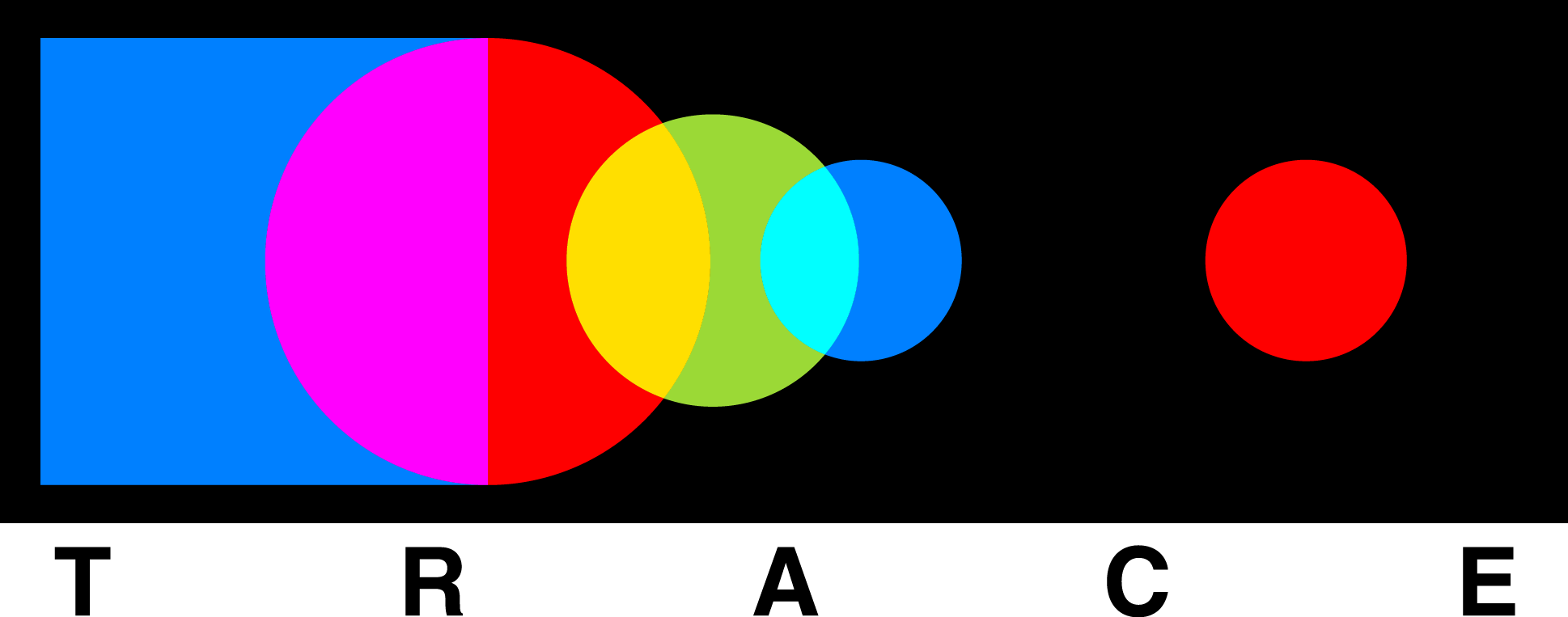History
The TRACE Project (censored translations) began around 1995 to tackle the coordinated study of translation and censorship in 20th century Spain. One of the most reliable sources for understanding the cultural landscape of the period is the AGA (General Archive of the Administration), in which the records that keep track of the censors’ procedures during Franco’s regime are held. The archive holds information not only about those cultural products that reached the audience, but also about those that did not. These data, tested against and complemented by other sources (bibliographical indexes from other libraries or archives, databases, etc.), have turned out to be essential in assessing which textual material had been imported and translated, instead of establishing the scope of the study using a priori selection criteria based on the source culture.
English-Spanish translations have already been mapped out for the most part, whilst new avenues of research involving French and German as source languages and Basque as target language have been opened up. As the research continues, we get a clearer picture of the real progress, both from a quantitative and a qualitative standpoint, experienced in the translation and censorship of narrative texts (TRACEn), poetry (TRACEp), theatre plays (TRACEt), and audiovisual materials (cinema: TRACEc and television: TRACEtv). Having access to thousands of censorship files, it is possible to explain which sets of texts were more representative and which had a greater impact on the target culture.
At present, the target time frame has been extended to the 21st century and the research team includes specialists in philology and translation.
